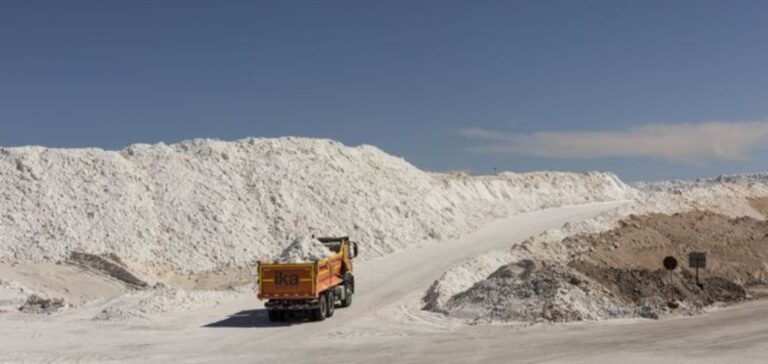Australia and the UK could become battery supply chains for electric vehicles.
A major buyer
For the project to get off the ground, governments would have to agree to fund part of it and educate the public about electric mobility. For example, a webinar entitled “Bridging the Gap Between Miners and OEMs” will be hosted by the Critical Minerals Associations of the UK and Australia. Quentin Wilson, a UK-based automotive journalist, says:
“Governments need to understand that batteries are strategic national assets and if we don’t invest, and if governments don’t support, China will take 100% of the market.”
Indeed, the critical minerals processing sector is largely dominated by China and funded by the government in its entirety. The reason this ranking is problematic is that Chinese sourcing has very little interest in environmental, social and governance (ESG) criteria. In addition, the batteries produced by Indonesia and processed in China would release a high amount of carbon during the processing of the nickel.
A major producer
Western Australia is the world’s largest producer of spodumene. It currently sells 90% of this lithium ore to China. The latter has concluded enough agreements to control 90% of the world’s lithium supply.
From now on, the objective would be for Australia to sell the batteries to the United Kingdom in order to create an alternative to the supply of Chinese batteries. This 100% Western supply chain would eliminate the use of materials and replace them with green energy. This year, EV Metals Group launched the Australian Lithium Alliance, which aims to accelerate the processing of lithium minerals through joint ventures and offtake agreements.
Chinese financing
However, China has the advantage in concluding offtake agreements for Australian spodumene. It has numerous processing facilities that enable it to obtain cathode materials for use in batteries. Thus, it has funding for abduction agreements and appears to be the only choice for Australia.
The CEO of the UK’s Critical Minerals Association (CMA), Jeff Townsend, says:
“We need to create global opportunities in the midstream outside of China. But that’s the most capital-intensive part of the deal: it can cost $350 million to $500 million to set up a midstream operation.”
This adds to an already tense situation with lithium prices more than doubling this year. Saudi Arabia could also be an important partner in meeting this challenge as it seeks to reduce economic dependence on oil and petrochemicals.
A change in the supply chain
EVM is investing $3.9 billion in a battery chemical complex in Saudi Arabia. It will produce 100,000 mt/year of lithium hydroxide monohydrate. In addition, it will produce 450,000 mt/year of nickel sulfate.
The Inflation Reduction Act could restrict imports of certain critical minerals into the United States. This solution would revive the construction of national battery mineral chains. The GCA will prepare a cross-cutting UK-Australia report on bilateral cooperation in this area.






















